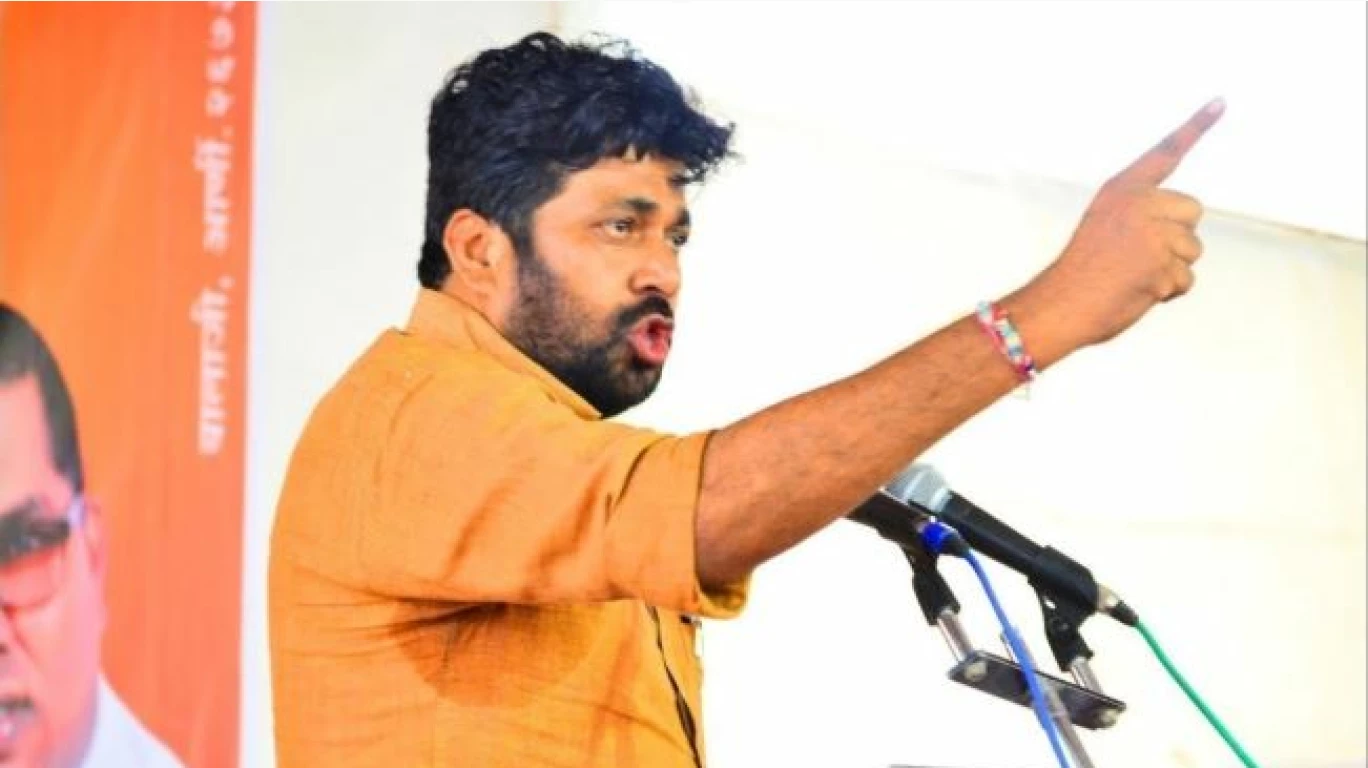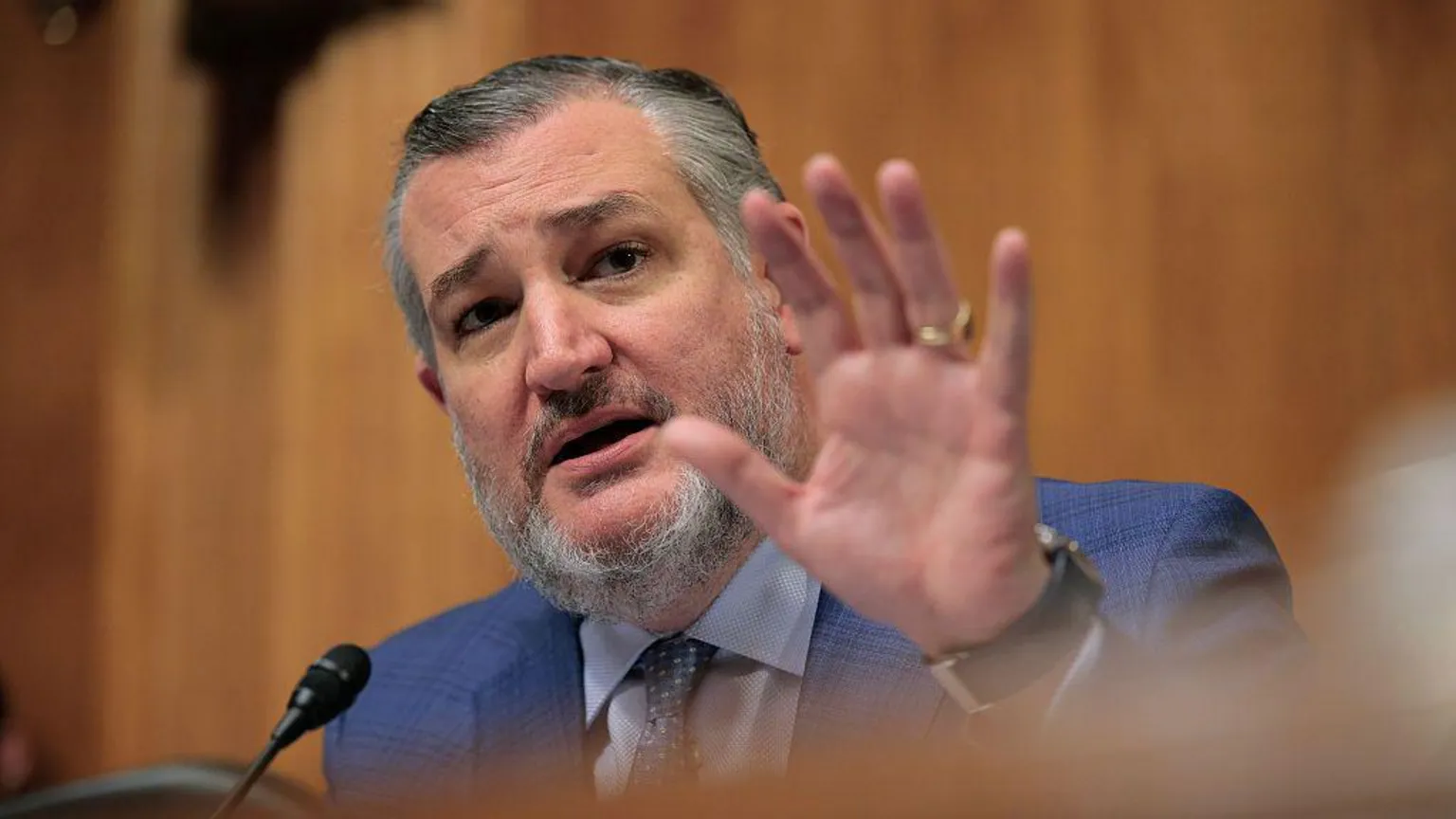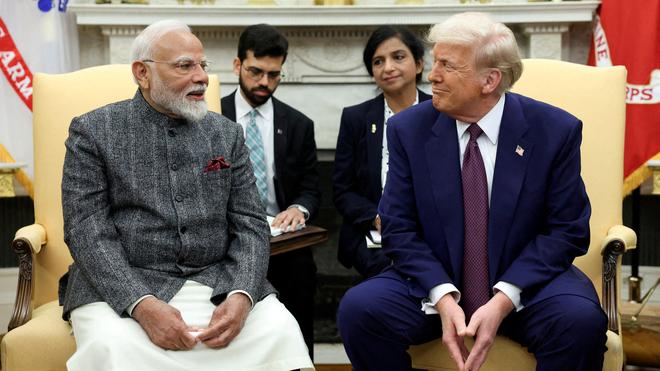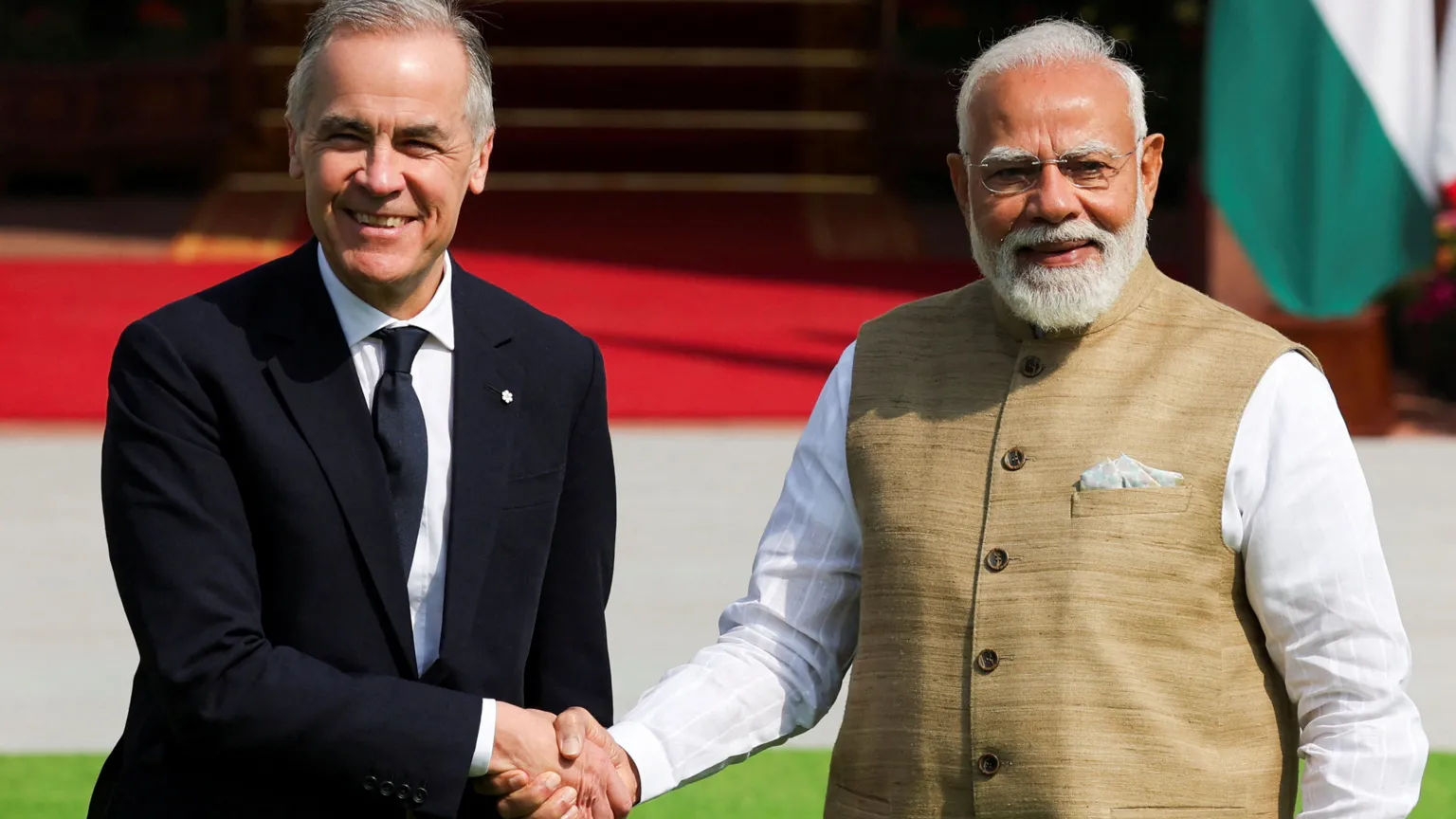By -Andrew rose
September 13, 2025, EST
Manchester, UK
In a scandal that has sent shockwaves through the medical community, a senior Pakistani-origin doctor has admitted to leaving a sedated patient unattended during surgery to engage in sexual activity with a nurse in an adjacent operating room. The incident, which occurred at Tameside General Hospital in Greater Manchester, was detailed during a recent Medical Practitioners Tribunal Service (MPTS) hearing, highlighting severe lapses in professional conduct and patient safety protocols.

Dr Suhail Anjum, a consultant anaesthetist, was found ‘in a compromising position’ with a nurse in the operating theatre. (Images for representation/Unsplash
The case centers on Dr. Suhail Anjum, a 44-year-old consultant anaesthetist who had been working at Tameside and Glossop NHS Trust since 2015. On September 16, 2023, during a routine keyhole surgery to remove a patient’s gall bladder, Dr. Anjum was responsible for monitoring the male patient under general anaesthetic in Theatre Five. Midway through the procedure—the third of five cases that day—Dr. Anjum requested a “comfort break” and asked a nursing colleague, referred to as Nurse NT, to temporarily oversee the patient’s vital signs.
What followed was anything but routine. Instead of stepping away briefly, Dr. Anjum proceeded to an adjoining operating theatre where he engaged in sexual activity with another nurse, identified only as Nurse C, for approximately eight minutes. The encounter was interrupted when Nurse NT entered the room to check on something and stumbled upon the pair in a “compromising position.” According to tribunal testimonies, Dr. Anjum was observed “tying up” his trousers, while Nurse C had her trousers around her knees, with her underwear visibly exposed. Nurse NT, described as “shocked,” immediately reported the incident to her line manager, triggering an internal investigation.
The patient, fortunately, remained stable throughout the ordeal, with no adverse health effects reported. However, the potential risks were immense: as the anaesthetist, Dr. Anjum’s role is critical in ensuring the patient’s airway, breathing, and circulation are maintained under anaesthesia. Leaving the room unattended, even briefly, could have led to life-threatening complications such as respiratory failure or cardiac arrest.
Dr. Anjum, who is married, did not dispute the facts during the tribunal hearing that began this week in Manchester. Representing the General Medical Council (GMC), Andrew Molloy outlined how Dr. Anjum admitted to knowing Nurse C was “likely to be nearby” when he left his post. “This was a serious breach of trust and professionalism,” Molloy stated, emphasizing that Dr. Anjum’s actions put the patient at unnecessary risk and undermined the integrity of the healthcare environment.
In his defense, Dr. Anjum expressed profound remorse, describing the incident as a “one-off error of judgment” that left him feeling “shame and guilt.” He told the tribunal, “I don’t know what I was thinking. I let everyone down—my patient, my colleagues, my family.” The doctor attributed the lapse to personal marital issues, noting a period when he and his wife “were not connecting as a couple.” Despite his passion for his profession, he acknowledged the “shameful” nature of his conduct and vowed it would never happen again. Dr. Anjum, who left Tameside Hospital in February 2024 following the investigation, has since returned to his native Pakistan. He expressed a desire to resume his medical career in the UK, pending the tribunal’s decision.
The MPTS hearing, which is ongoing, will determine whether Dr. Anjum’s fitness to practice is impaired. Possible sanctions range from suspension to erasure from the medical register, effectively barring him from practicing in the UK. The tribunal is expected to deliver its verdict in the coming days, with experts warning that such a ruling could set a precedent for handling similar misconduct cases in high-stakes medical settings.
This scandal has reignited debates about workplace relationships in hospitals, where long hours and high stress can sometimes blur professional boundaries. Healthcare ethicists point out that while consensual adult relationships are not inherently prohibited, they must never interfere with patient care. The NHS has strict policies against such behavior, including zero-tolerance for actions that compromise safety. In recent years, similar incidents have led to dismissals and license revocations, underscoring the gravity of Dr. Anjum’s admission.
Tameside General Hospital, part of the NHS Trust serving a population of over 250,000 in Greater Manchester, has not commented directly on the case to respect the tribunal process. However, a spokesperson reiterated the Trust’s commitment to patient safety and staff accountability. “We take all allegations of misconduct seriously and cooperate fully with regulatory bodies,” the statement read. The hospital, known for its emergency and surgical services, has faced scrutiny in the past for staffing issues, but this incident stands out for its blatant disregard for protocol.
From an international perspective, the case draws attention to the role of overseas-trained doctors in the UK’s National Health Service. Dr. Anjum, originally from Pakistan, was one of thousands of foreign medical professionals who fill critical gaps in the NHS workforce. While many contribute admirably, high-profile misconduct cases like this fuel discussions on vetting processes and cultural integration in healthcare. Pakistani media outlets have covered the story extensively, with some framing it as an embarrassment to the diaspora community, while others call for a fair hearing without nationality-based bias.
In the broader context of global healthcare ethics, this incident serves as a stark reminder of the sacred duty medical professionals hold. Anaesthetists, in particular, operate in a high-pressure environment where split-second decisions can mean the difference between life and death. Abandoning a post for personal gratification is not only unethical but potentially criminal, though no criminal charges have been filed in this instance.
As the tribunal proceeds, questions linger about preventive measures. Could better supervision, mental health support for staff, or stricter enforcement of break protocols have averted this? The GMC has emphasized the need for ongoing training in professional boundaries, and hospitals may now review their policies in light of this case.
America News World will continue to monitor developments in this unfolding story, providing updates as the MPTS delivers its findings. For now, Dr. Anjum’s admission stands as a cautionary tale of how personal failings can jeopardize lives and careers in the unforgiving world
What do you think about this news.share your views in comment box or write to Americanewsworld@gmail.com
Discover more from AMERICA NEWS WORLD
Subscribe to get the latest posts sent to your email.







































![Smoke rises after Israeli strikes in Beirut's southern suburbs, on March 2 [Mohamad Azakir/Reuters]](https://america112.com/wp-content/uploads/2026/03/hgh.webp)

Nepal’s Gen Z Uprising: Deadly Protests Spark Tourism Crisis as Arrivals Plunge 30% - ANW
[…] Pakistani doctor left surgery midway in UK to have sex with nurse […]